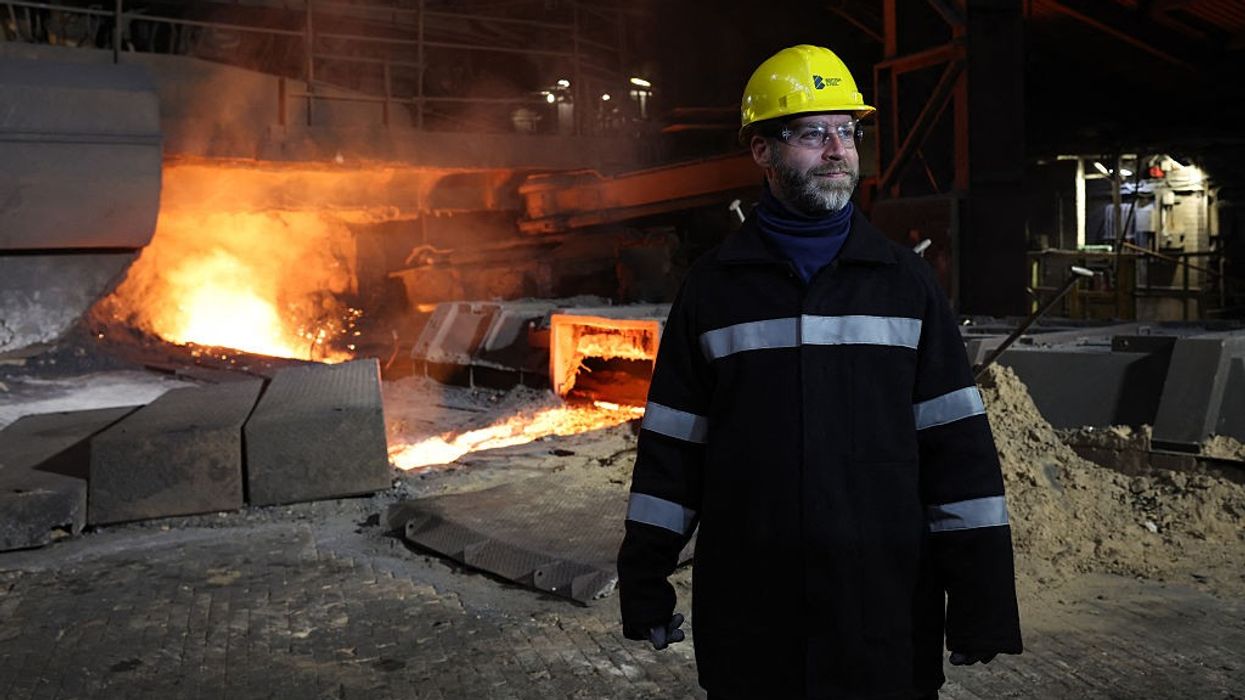BUSINESS and trade secretary Jonathan Reynolds is planning a trip to China later this year aimed at reviving trade relations, despite recent tensions over Chinese investment in the UK's steel sector.
The visit will focus on restarting the UK-China Joint Economic and Trade Commission (JETCO), which has not met since 2018, reported the Guardian. China currently ranks as Britain's fifth-largest trading partner
Reynolds' planned trip follows visits by chancellor Rachel Reeves to Beijing in January and Chinese foreign minister Wang Yi to London in February, marking increased engagement since Labour took office last year.
However, the planned visit comes just days after Reynolds publicly said that China was "no longer welcome" in Britain's steel sector. The comment followed emergency government action to take control of Chinese-owned British Steel's Scunthorpe plant amid deteriorating relations with its owner, Jingye Group.
"You've got to be clear about what is the sort of sector where actually we can promote and cooperate and ones, frankly, where we can't," Reynolds told Sky News. "I wouldn't personally bring a Chinese company into our steel sector."
Some government officials reportedly suspect Jingye's actions may have been intended to undermine Britain's ability to produce its own steel, forcing reliance on Chinese imports instead.
Despite these concerns, Reynolds has identified other sectors as less sensitive areas for potential Chinese investment, including car manufacturing, life sciences and agricultural products.
"A lot of UK-Chinese trade is in non-contentious areas," Reynolds noted, suggesting the government is taking a targeted approach rather than a wholesale rejection of Chinese economic engagement.
The Department for Business and Trade characterised its approach as "consistent and strategic," saying they are "engaging with China in areas of trade that benefit Britain's national interests," though they did not explicitly confirm Reynolds' trip.
The Labour government is also expected to complete a cross-Whitehall audit of UK-China relations by June, fulfilling a manifesto commitment. The audit may recommend improvements to China expertise within government, potentially including Mandarin language programmes and training about the Chinese system for civil servants and MPs.
The government's continued engagement with Beijing comes despite pressure from some quarters to take a tougher stance on human rights and security concerns.
Liberal Democrat MP Wera Hobhouse, who was recently refused entry to Hong Kong, argued that "no government minister should be visiting China on official business" until her situation is clarified.
Prime minister Keir Starmer is also expected to visit China later this year, signalling the government's intention to maintain its diplomatic engagement with Beijing despite the complications in the relationship.
The revival of JETCO appears to be a key priority, with Treasury documents published after Reeves's January visit explicitly mentioning plans to restart the dialogue. The commission serves as an important forum for high-level economic discussions between the two nations, the report added.





